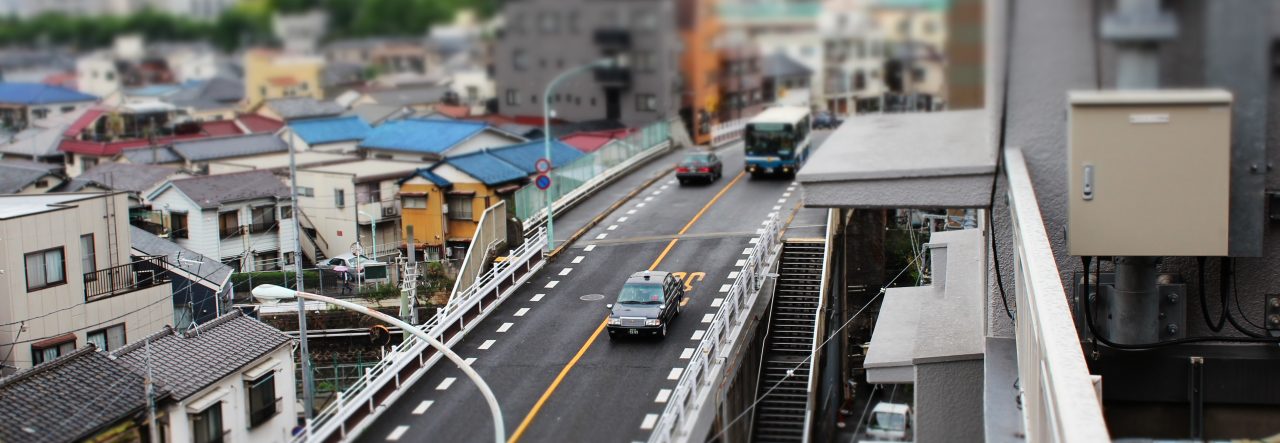With LIFF now over for another year, it’s time to catch up on the films from the second week of the festival. First up…
The Lighthouse
I’d been anticipating Eggers’ film since it started making waves earlier this year: I’m a big Willem Defoe fan, I’ve heard nothing but good things about Robert Pattinson’s post-Twilight career, and trailers hooked me with the moody, black and white visuals and rhythmic soundtrack. I’d also heard good things about Eggers’ previous film, The Witch, but as I’m only tangentially a horror fan I still haven’t gotten around to seeing it.
It’s impossible for me to discuss The Lighthouse itself without prefacing it with a big caveat. The main venue for the Leeds International Film Festival is the Town Hall, a “municipal palace” built in the 1850s. The event space is the cavernous Victoria Hall, where I’ve enjoyed watching everything from Tampopo to Man with a Movie Camera to Dredd. A common thread in these viewing experiences is that while the Town Hall is a visually stunning venue (and a fittingly Victorian accompaniment to a period film like The Lighthouse) it was built for musical performances and theatre, not cinema. The sound can be hit and miss, with the huge space creating a lot of echoes and distortion. It’s not something that particularly affects watching an international film with subtitles, even if the sound levels can be a little jarring at times, but for English language cinema it can make following dialogue tricky. Last year, I struggled a little with some soft-spoken dialogue in Sorry to Bother You. This year, when watching the Korean language The Gangster, The Cop, The Devil I noticed that the sound quality seemed to be even worse, but at least I had subtitles as a backup – and for Man with a Movie Camera I was watching a silent film with a live organ, so it didn’t bother me at all.
Where does that leave The Lighthouse?
It was clear even from the trailers that Defoe and Pattinson had adopted, shall we say, powerful accents for their roles, with Defoe in particular sporting an extremely heavy accent I could best describe as like a gritty version of the Sea Captain from The Simpsons. The soundscape of the film is one of constant ambient noise: the wind, the rain, the waves, the grinding of machinery in the titular lighthouse, the roar of the coal furnace, the ticking of clocks. Combined with the erratic quality of the sound in the Town Hall, some of the early dialogue was completely incomprehensible. Fortunately, much of the film features very little dialogue at all, and I was able to make out some of what was being said, so I began to feel that I could simply get by on the visuals and the context alone. Less fortunately, the last third or so of the film features some more dialogue heavy sequences, with the characters’ pasts unfolding in drunken discussions, and I still felt that I was missing huge amounts of detail.
How, then, to judge the film? Despite how much Japanese I can speak, I would still feel ill-equipped to review a Japanese language film without English subtitles because I would not be confident I fully understood the plot or characterisations. Here is an English language film where I felt just as lost as I might watching one in Japanese: here are words and sentence fragments that I know and understand, and here is a sea of noise that I cannot.
Yet I found myself having a great time. Much of the acting is physical. Much of the story is told through context, through visuals, through atmospheric footage of the tiny rock the lighthouse sits upon and through bizarre fantasy sequences.
It’s a film that, with it’s black and white footage and boxy aspect ratio, recalls the work of John Grierson, particularly the short film Granton Trawler. Indeed if I was being glib I might describe The Lighthouse itself as a cross between Grierson’s short and classic The Simpsons episode “Mountain of Madness”, where Homer and Mr Burns find themselves confined in a cabin where they slowly go mad and suffer hallucinations as their relationship deteriorates and becomes increasingly antagonistic.
Walking out of the theatre, I found myself grappling with how much I really understood of this deliberately obtuse film. Given some time removed from the experienced it’s remarkable how much it has stayed with me and how my estimation of it has increased over time. If nothing else, I can’t wait to experience it again on my own terms and gauge just whether the sound issues I noticed was due to the venue or a deliberate choice. Either way, I don’t think it detracted from such an evocative work.
